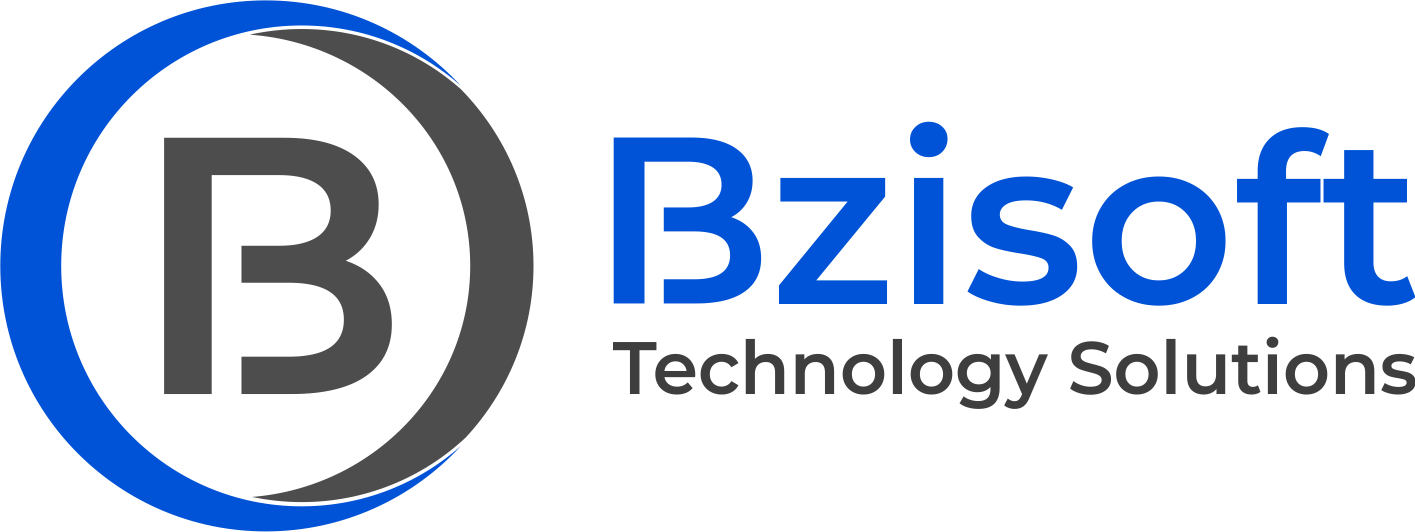There is a common misconception that upgrading technology alone equates to comprehensive digital transformation. In reality, this process requires more changes, and a key factor is reevaluating and upgrading the organizational culture through digital transformation.

What does this mean in practice?
Digital transformation involves not only integrating digital technologies but also the flexibility and adaptability of the organization and its employees in thinking about big data, using modern technology as a trusted ally, and experimenting with technology when shaping new processes within the organization.
Failure to integrate these efforts with the values and behaviors of employees can pose additional risks to the organization’s culture and fail to implement a comprehensive digital transformation strategy.
Why is cultural change necessary for digital transformation?
Culture encompasses the collective attitude, behavior, goals, and practices performed by employees and management within an organization. It plays a crucial role not only internally but also in customer approach or external activities. Therefore, initiating cultural transformation initiatives when the organization implements digital transformation is an important step in redesigning how an organization operates and defining desired behaviors and employee engagement.

Digital transformation enables organizations to utilize digital tools and data-driven insights to drive decision-making and prioritize customer-centricity. However, what are the necessary steps to build and approach this from the conventional culture of the business to avoid challenges in digital transformation?
5 Steps to Build a Digital Transformation Culture
Management Alignment: Digital transformation requires active support from the CEO throughout the journey. Having top-level leaders who understand digital transformation and understand its importance for their business model is crucial. In the digital age, a culture of risk minimization is the standard, and only with a stable organizational culture, clear core values, and full organizational understanding can organizations intelligently and effectively handle risks.
Building Future Workforce: The decision to transform a business digitally is a significant step, a milestone demonstrating the organization’s evolution. This is a mandatory step if the organization wants sustainable development. So, is your workforce keeping up with this progress? To adapt, organizations must upgrade their workforce. Building a culture of human resource development is something that organizations need to be prepared for before formally embarking on digital transformation.
New Technology Requires New Ways of Working: Adopting new technologies and digitizing work tests the organization’s ability to cope with external and internal risks as well as applying various risk management concepts. In addition, new management models require applying teamwork, collaborative work, requiring employees to be more multi-functional, more innovative thinking.
Changing the culture of the organization from traditional ways of working to new ways is a necessary step to take if the organization wants a comprehensive and systematic digital transformation. It requires structures that align and encourage appropriate behavior with the organization’s new cultural goals.
Upgrading Technical Tools for Daily Operations: Standardizing feedback processes, annual assessments based on objective data, or proposing new idea roadmaps based on technology – these are just small examples of digitizing daily activities that can improve employee engagement and productivity.
In addition, such tools can much more easily detect many cultural challenges that in other cases could pose dangers to the organization’s digital transformation strategy.
Effective Communication through Effective Methods: Communicating change management needs to be clear and consistent, creating opportunities for asking questions and providing feedback. Failure to do this well can lead to resistance to change and loss of employee trust. Clearly identifying the organization’s needs so that everyone can participate – internally and externally.
To do this, organizations need to remove barriers between functional departments and between their organizational process regulations. Instead, create a culture change based on self-organizing, non-hierarchical, empowered teams to perform end-to-end tasks.
DIGITAL TRANSFORMATION CULTURE: The Driving Force Behind Transformation Initiatives
A digital transformation culture can achieve ideal digital transformation initiatives by using advanced techniques and technology solutions. Although there may be failure rates, this process has many benefits leading to increased productivity and the organization’s adaptability.
The glue for that success is the organization’s culture, updated and innovated towards digital transformation and applied by both management and employees. Because your organization’s culture affects the pace of innovation in your own business.
Bạn đã sẵn sàng bắt đầu các sáng kiến chuyển đổi kỹ thuật số của mình chưa?
Are you ready to start your digital transformation initiatives?
With experience supporting successful digital transformation, Bzisoft is a reliable partner ready to accompany your organization on this promising transformation journey.
Let us understand more about your project ideas and requirements.


 Tiếng Việt
Tiếng Việt
Block "blog" not found